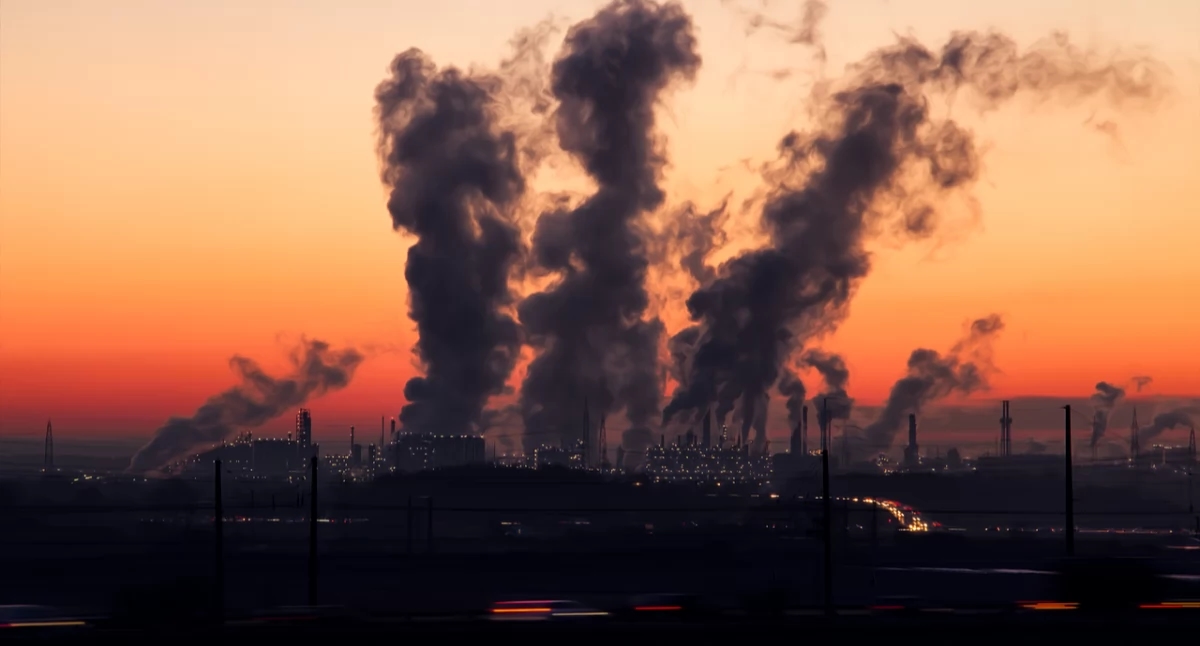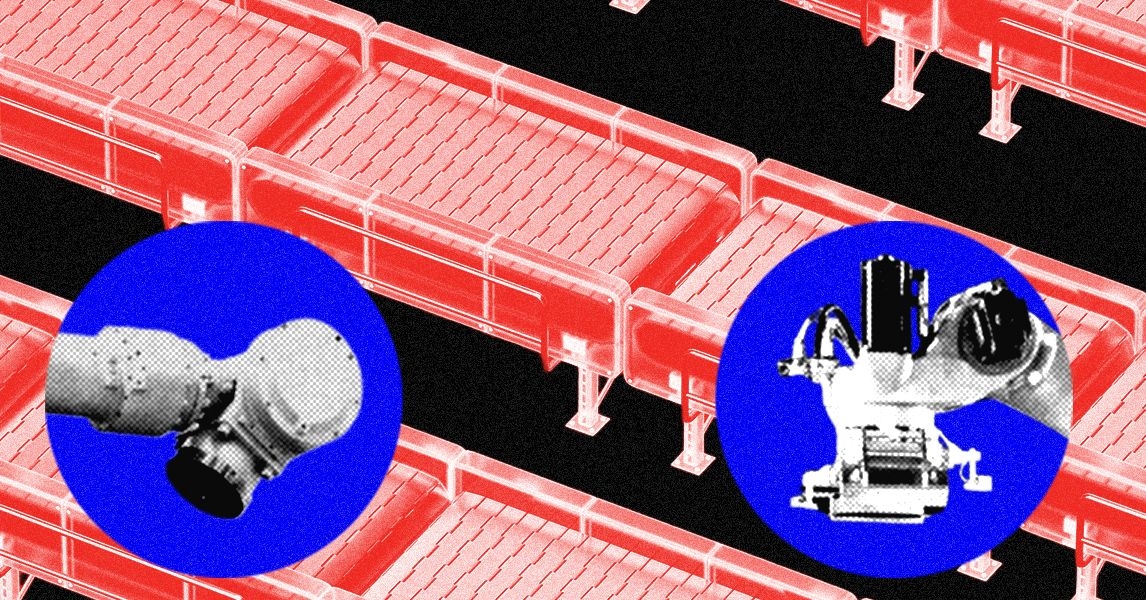Over 781,000 boilers still emit smoke – Supreme Audit Office audit reveals unimplemented resolutions

In the five voivodeships audited, the Supreme Audit Office found that local governments' efforts to implement anti-smog resolutions proved ineffective – none of the municipalities managed to fully implement them. Over 781,000 out-of-class boilers are still in operation, and at the current pace of their decommissioning, this could take anywhere from two to as long as 24 years. Meanwhile, poor air quality continues to cause thousands of premature deaths annually, and without full implementation of the resolutions, Poland will not meet EU requirements and World Health Organization guidelines.
The main culprit of Poland's poor air quality is "low-level emissions" —pollution generated at low altitudes (up to about 40 meters) by burning solid fuels in old furnaces and boilers. These include PM10 and PM2.5 particulate matter, as well as the carcinogenic compound B(a)P. PM2.5 easily penetrates the lungs and further into the circulatory system, which, according to the WHO, may result in an increased risk of death from cardiovascular and respiratory diseases .
In Poland, boilers were classified into classes 3-5 in 2017, and since July 2018, only class 5 boilers or those compliant with the ecodesign standard have been allowed for sale. Despite this, over 781,000 boilers outside the class were still in operation in the five audited voivodeships.
The audit covered municipalities in the Lower Silesian, Kuyavian-Pomeranian, Łódź, Lesser Poland, and Silesian Voivodeships. The Chamber found that:
In none of the 18 audited municipalities "was it possible to fully and effectively implement anti-smog regulations."
Inspections of compliance with the resolutions were conducted "on too small a scale, incompletely or unreliably."
Irregularities were found in 15 of the 16 municipalities: inspections were carried out without appropriate authorizations, without protocols or were limited only to checking waste incineration and not the use of equipment compliant with resolutions.
In municipalities such as Tuchów, cases did not end with any consequences, and in Brzeziny, inspections have been abandoned altogether since 2019.
In total, between 2018 and 2023, the audited municipalities replaced almost 29,000 boilers , but there were still over 42,000 boilers waiting to be replaced – of which over 26,000 were out-of-class boilers.
Among the voivodeships, the Małopolskie voivodeship performed better – in its POP (Air Protection Program), over 20 tasks related to anti-smog resolutions were identified, indicators were established and supervision tools were introduced.
It's also worth noting that the "Ekopatrzia" (Eco-Intervention) app was launched in this region. From March 2020 to November 2024, 30,234 reports were recorded, resulting in 16,568 inspections, 71.4% of which were related to air quality. While these are positive signs of local government cooperation, they are still rare nationwide.
The Chamber identified the main obstacles:
too low social awareness of the impact of pollution on health,
limited financial possibilities of municipalities and residents,
lack of full, reliable data on the heat sources used – for example, in the Central Building Emissions Register (CEEB) database, less than 80% of properties are registered in 8 of 18 municipalities. Therefore, the Supreme Audit Office (NIK) is issuing specific recommendations:
To the Minister: "introducing the obligation to verify… data contained in declarations on heat sources."
To the Chief Inspector of Building Control: "ensuring verification and improvement of the reliability of data included in the CEEB."
To local governments (municipalities, voivodeships): intensification of corrective actions, full implementation of air protection programs, effective implementation and supervision indicators.
Air pollution has measurable health consequences: in 2022, nearly 35,000 people died prematurely in Poland due to PM2.5. In 2023, in the five monitored voivodeships, there were over 11,600 premature deaths due to long-term exposure to PM2.5.
Regarding boiler replacement: at the pace observed between 2018 and 2023, it could take 2 to 24 years to decommission boilers below class 5, and 3 to 40 years for boilers below class 5. This means that without accelerated action, the expected improvement in air quality could be very late, and the country will continue to be exposed to EU sanctions and health risks.
politykazdrowotna





